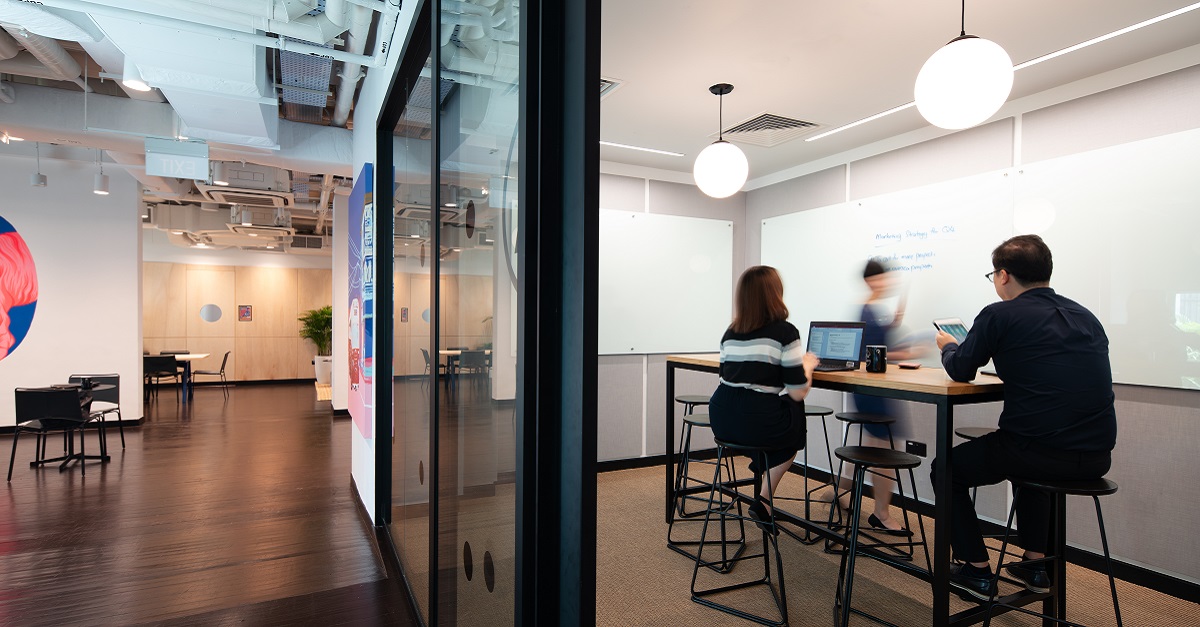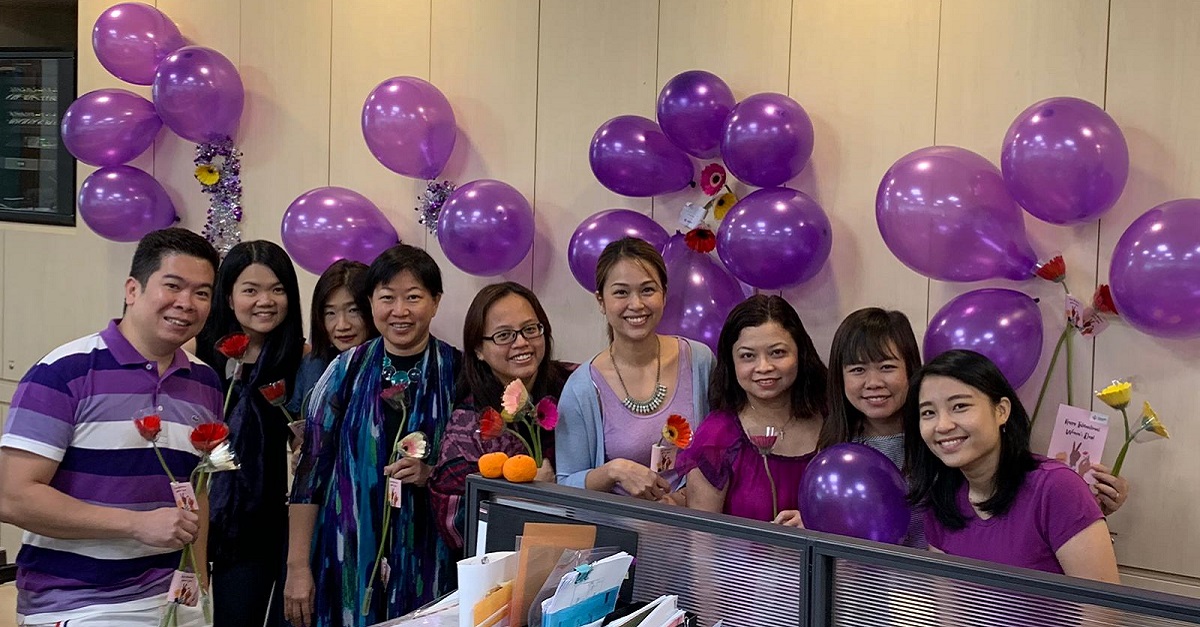17 May 2019
Navigating the new skills economy

The world of work is going through a period of unprecedented change, with digitalisation disrupting and transforming our organisation in powerful ways. Digital innovation along with ever-evolving customer demands are resulting in new ways of working, creating new job roles, and compelling employees to adopt new behaviours and skills. Just as companies are increasingly expecting more from their workforce in terms of skillsets, digital capabilities and innovative ideas, employees are similarly expecting more from their employers through opportunities for upskilling, reskilling, and new job roles.
As a trusted developer of quality retail, residential and commercial properties, we actively explore new ways to deliver real estate concepts that make a difference to our customers’ experience. To achieve these goals, and stay competitive as a company, we seek to unlock true competitive advantage through the capabilities and talents of our workforce. This means prioritising learning and development opportunities so that our staff are equipped and empowered to meet the demands and challenges of today’s property sector – be it in filling a new job role or implementing digital technology in current operations.
The re-skilling revolution
Given the wave of new technologies and trends today, it’s not surprising that many emerging job roles are significantly based on and enhanced by the use of technology. We have at our fingertips a wide range of training courses to develop digital skillsets and ensure we can adapt and thrive in a digital workplace.
At the same time, there is also an emerging demand within our organisation for roles such as customer service officers, community managers and innovation managers that require distinctively human skillsets.
This priority for soft skills is echoed in the World Economic Forum’s Future of Jobs Report 2018, and it describes the importance of “non-cognitive soft skills (that enable) people to leverage their uniquely human capabilities.” The term “soft skills” hardly does justice to the complex combination of capabilities it describes, capabilities such as empathy, emotional intelligence, creativity, being able to collaborate and communicate, to name but a few. The report predicts that by 2022, the demand for jobs which require soft skills, along with analytical thinking, complex problem-solving and innovation skills, are set to grow.
At Frasers Property Singapore, we are already seeing the demand for new job roles and skillsets that did not exist before – but can be developed through the right training.
Get set for growth

Cindy (second from the left), with her colleagues from the commercial team
Take Cindy Ang, for example. Cindy was a Senior Executive at our HR Shared Services department for six years. Since then, she has moved into a new role as Senior Executive, Community, where she hosts regular events, activities and workshops to build the community at Frasers Tower and Alexandra Technopark.
“I was looking for a change of scenery and work environment when coincidentally, an opportunity in the community department presented itself. I decided it was time to take the leap of faith and explore a different job function,” she said.
While a switch in job roles presented Cindy with new challenges, she also saw it as an opportunity to develop new skills at the workplace. In her new role, she is responsible for developing programmes and events for the tenants at Frasers Tower and Alexandra Technopark – and central to that is her ability to establish strong networking ties with the tenants, partners, and stakeholders.
“I felt the need to improve on my communication skills to get closer to people, as well as broaden my knowledge of marketing channels to help me promote various activities and workshops,” shared Cindy. So far, she has attended a Creative Digital Marketing course, and hopes to attend further courses about marketing and events planning.
Having taken the first step towards continuous learning and growth, Cindy believes that everyone should be upskilling or reskilling to stay relevant.
“There are definitely challenges and even resistance to change,” she said. “Some people worry that they will lose their existing skills while picking up new skills, or worry about the time it takes to learn something new. There are even those who question the relevance of new skills and courses available today. But if you keep an open mind and embrace continuous learning, you will find more opportunities and experiences available to you.”
A future-ready developer
Continuous learning through the various learning and development programmes available at Frasers Property is crucial to developing the talent and potential of our people, and serves as the bridge towards inclusive and sustainable growth for our company. In investing in our people, we aim to transform them from passive observers of disruption to active leaders of positive change in their department, business unit, and the communities they serve.
The new skills economy has already started challenging the way work gets done and how skills are augmented. We can only meet these challenges through agile measures and future-ready skill frameworks that will enable our organisation to thrive in the future. Organisations have started taking small steps towards equipping their workforce for future challenges by providing employees with opportunities to make lateral moves and offering a wide variety of training programmes to prepare them to succeed in their new or enhanced job roles . At the same time, employees must make the effort to explore new areas for growth and embrace continuous learning to address this paradigm shift.
